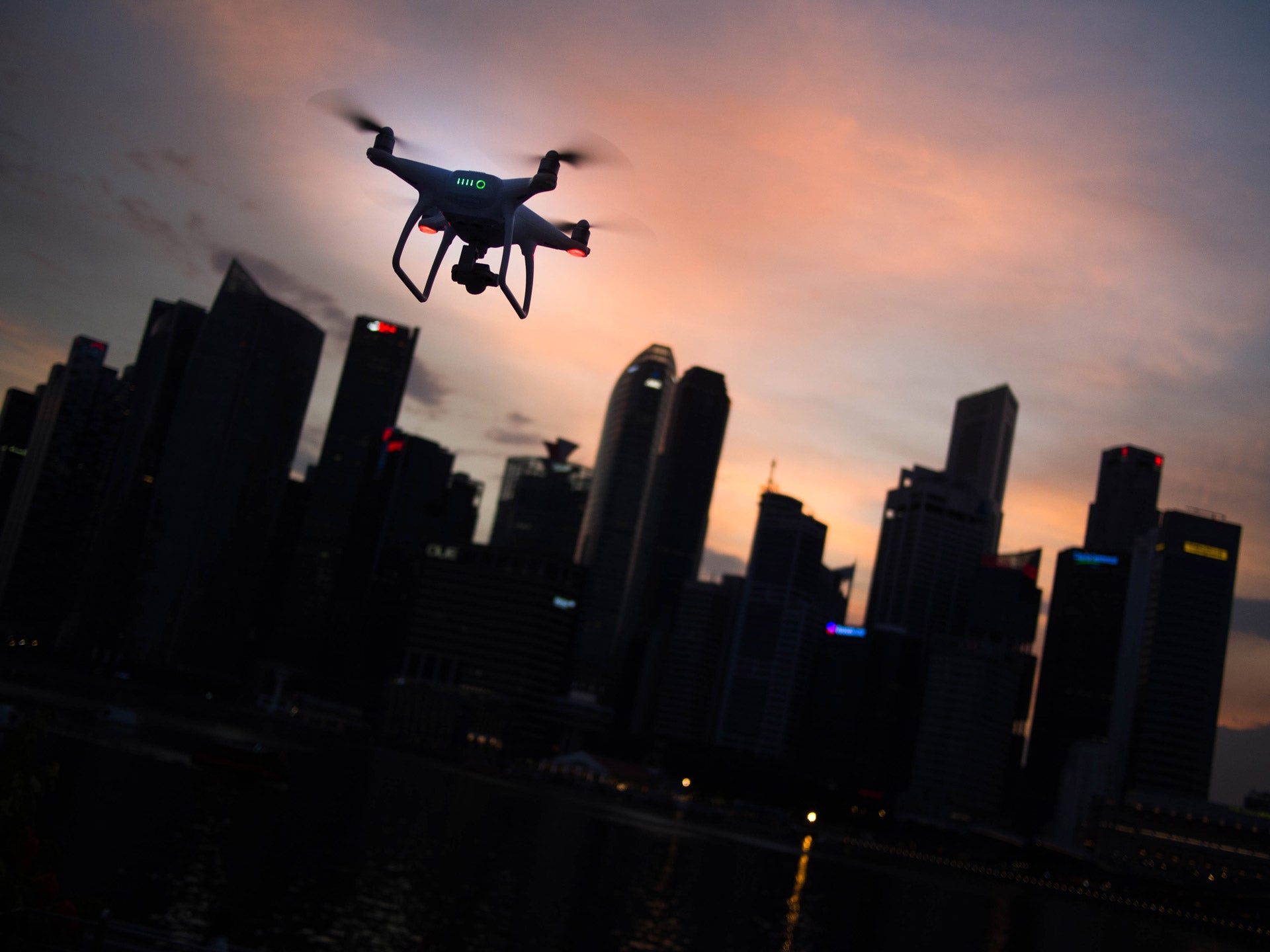
Parliament’s Science and Technology Committee has published its report on commercial drones, calling on the government to provide a clear “vision” for the safer use of drones through regulations and criminal penalties for their misuse.
The wide-ranging inquiry into drone use from the committee looked at the risks posed by drones and the economic benefits of the industry that by 2030 could employ “628,000” people and pump £42bn into the economy.
A key point in the report is the committee’s call for the government to produce a whitepaper on drone use by the summer of next year outlining how drones can be integrated into society. The committee is calling for the paper to cover everything from “drone safety education”, “regulations and registration” and how to make the most of the technology.
“Drones are an exciting technology that presents the UK economy and society more generally with considerable benefits and opportunities,” said Rt Hon Norman Lamb MP, chair of the Science and Technology Committee.
“However, it is vital that the Government gets ahead of the curve in ensuring that drones are safely integrated into society, investing in the relevant research and technology that will create a safe airspace, if we are to fully realise these benefits in the UK.”
The report adds: “The Government should open a dialogue with UK universities working on drones to discuss how they might best be classified and funded to ensure that the requirement to register as commercial operators does not hamper innovation and development of the industry.”
How well do you really know your competitors?
Access the most comprehensive Company Profiles on the market, powered by GlobalData. Save hours of research. Gain competitive edge.

Thank you!
Your download email will arrive shortly
Not ready to buy yet? Download a free sample
We are confident about the unique quality of our Company Profiles. However, we want you to make the most beneficial decision for your business, so we offer a free sample that you can download by submitting the below form
By GlobalDataBalancing commercial drone regulations with economic benefits
A key point of the report is finding a balance between the economic and social benefits of drone use while also safeguarding from future nefarious incidents like Gatwick. The report noted how drones have many benefits in a range of industries from photography to search and rescue missions and organ delivery.
The committee also called for the weaponising of off-the-shelf drones, disabling safety features and the failure to register drones to become punishable offences in an upcoming “drone bill” designed to govern their use.
In a summary of the report the committee wrote: “There is a compelling case for the Government to introduce a registration scheme to be able to identify all lawful operators and to ensure that there is a knowledge test for drone users.
“Flying a drone is a skill and therefore it is appropriate for there to be a test to make sure the operator is fit to operate a drone.”
The report adds that an “appropriate regulatory body” or the civil aviation authority should take a greater role in reviewing the test given to would-be drone users. Under current legislation, the government is proposing that a fee of £16.50 be charged to people wishing to register drones.
The report added, however, that “the Government should acknowledge that the scheme will do little to mitigate the risks from nefarious drone users who will simply bypass registration and testing”.
A key push to counteract this as highlighted by the committee would be to make all drones traceable dubbed “electronic conspicuity”. This would see drones fitted with devices making them visible to aircraft control and pilots of conventional aircraft.
Read more: Future of drones in business: How could UAVs shape industry?





